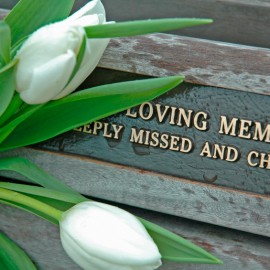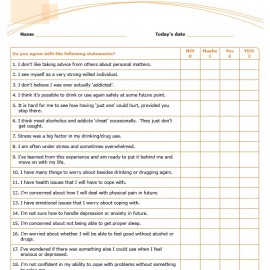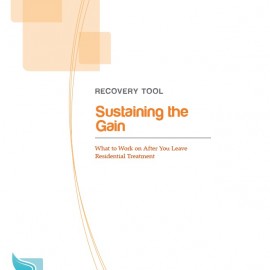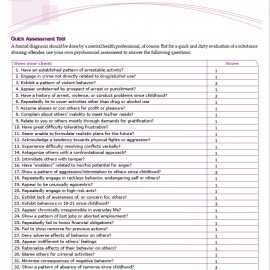Addiction Clinicians
Motivation vs. Unmotivation
Most addicts and alcoholics wind up in treatment because they’re experiencing difficulties due to substance use– ranging from the pain of withdrawal to troubles with the law, to threatened loss of job or family.
Topics: client engagement and motivation, counseling skills, DUI/DWI
Effective Group Design: Assumptions
Building the group model around that common experience, and change-specific tasks or goals, may increase the chances for a successful outcome.
Topics: clinician skills, groups, treatment models
Retention
Even in remission, the client is still an addict. The challenge is to sustain the remission, going forward.
Topics: client census, client engagement and motivation, clinical management, outcomes
Vaillant and the Long Term View of Relapse
He’s able to describe complex phenomena in terms that, with a little work at least, we can understand.
Family Inventory: Priorities and Values
By the time a client lands in treatment, it may be hard to tell whether their family relationships offer a potential asset or a problem set to address.
Topics: assessment, communication, family involvement, therapies and tools, treatment planning
The Grief Exception
Psychiatrists were encouraged to hold off on a diagnosis of depressive disorder until several months after such a loss.
Topics: depression, diagnosis, emotional issues, grief and loss
Relapse Traps Inventory
Focusing on the areas most likely to challenge sobriety can help the person in recovery prepare positive responses.
Topics: maintaining sobriety, patient education, relapse
Sustain the Gain
The trick is to sustain the gains made in rehab in the vast uncontrolled experiment that is everyday life.
Topics: maintaining sobriety, patient education, relapse
Evaluating Antisocial Behavior: Quick Assessment Tool
Clinicians working with addicted offenders and ‘coerced’ (court-ordered) clients often find these problems complicating substance abuse treatment; this tool can help identify particular areas of concern.
Topics: addicted offenders, antisocial, therapies and tools, treatment planning

















